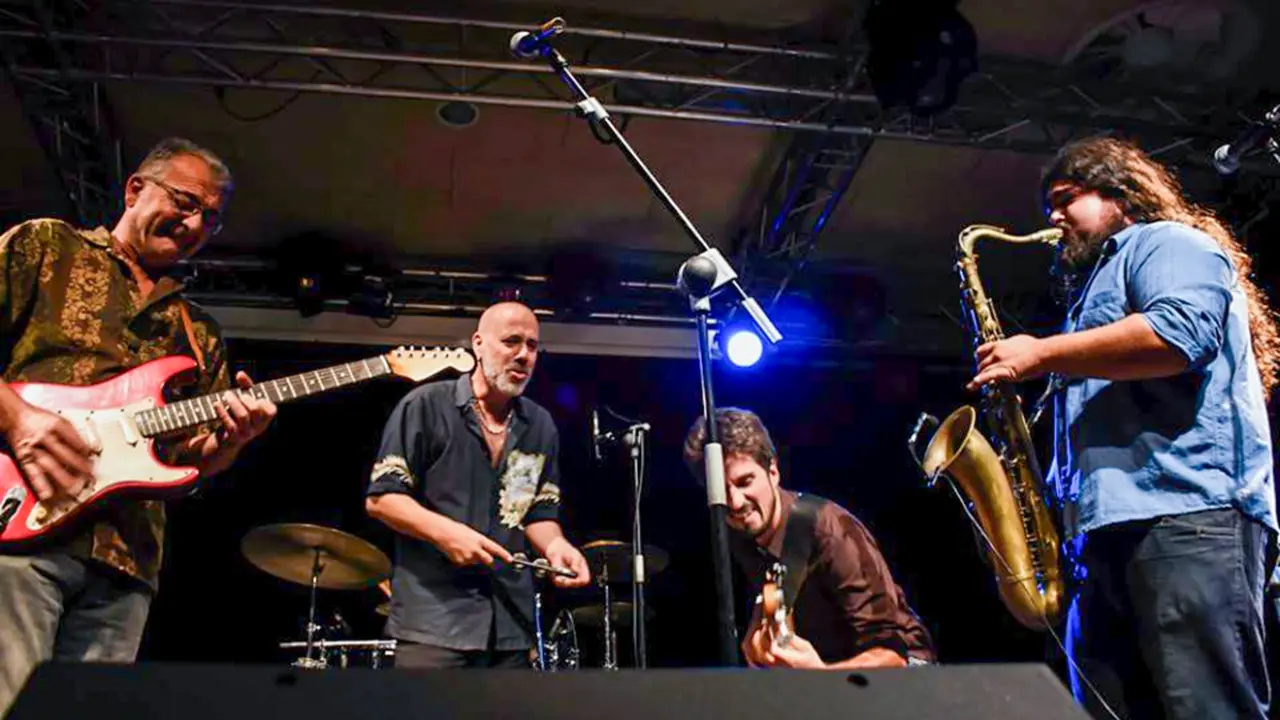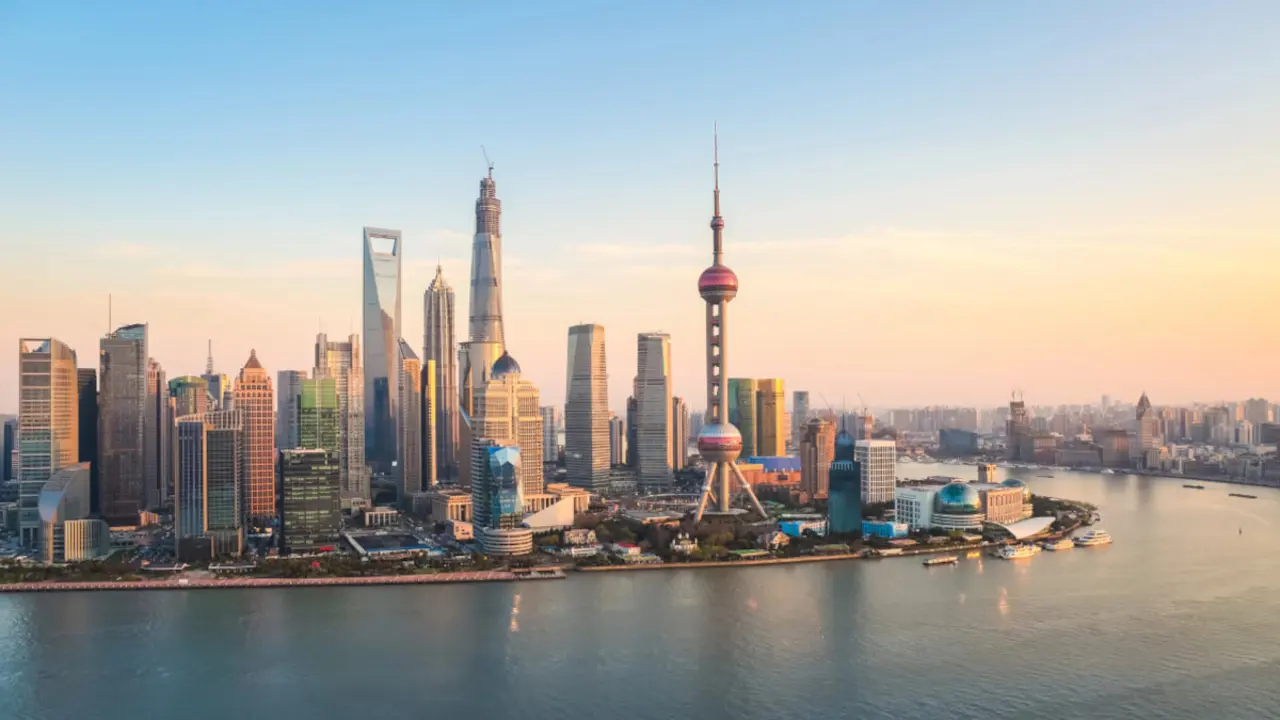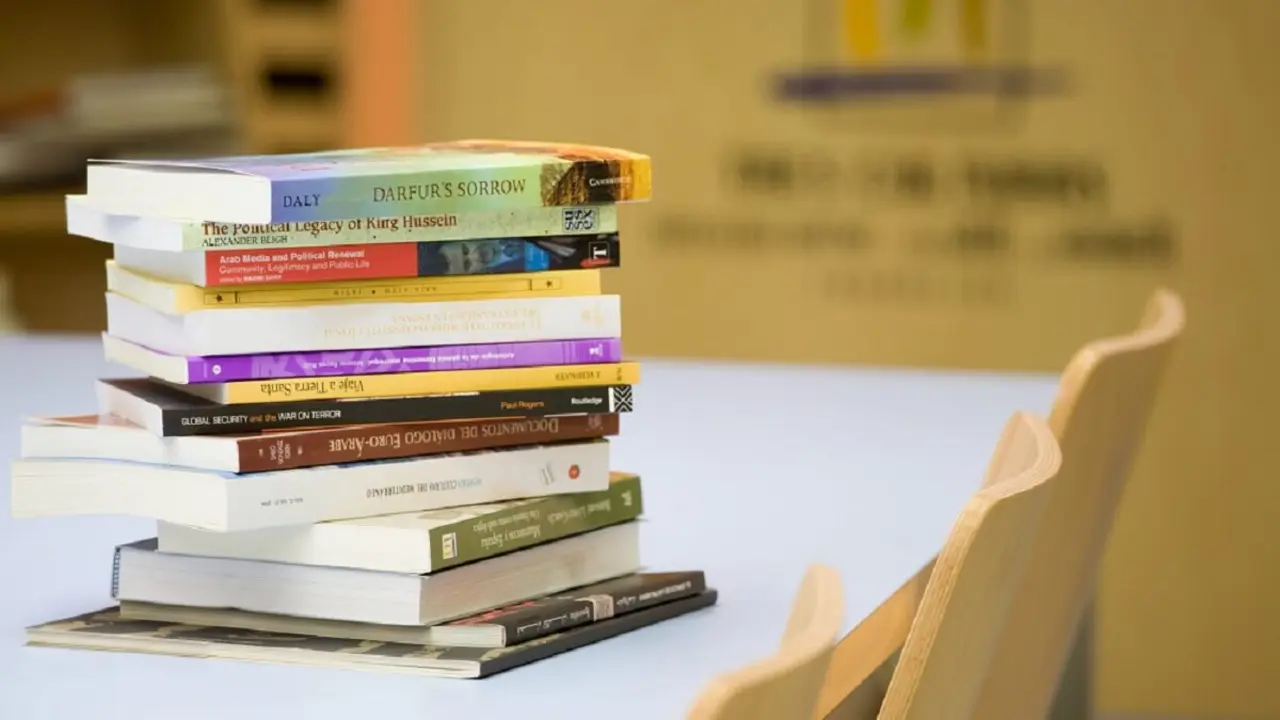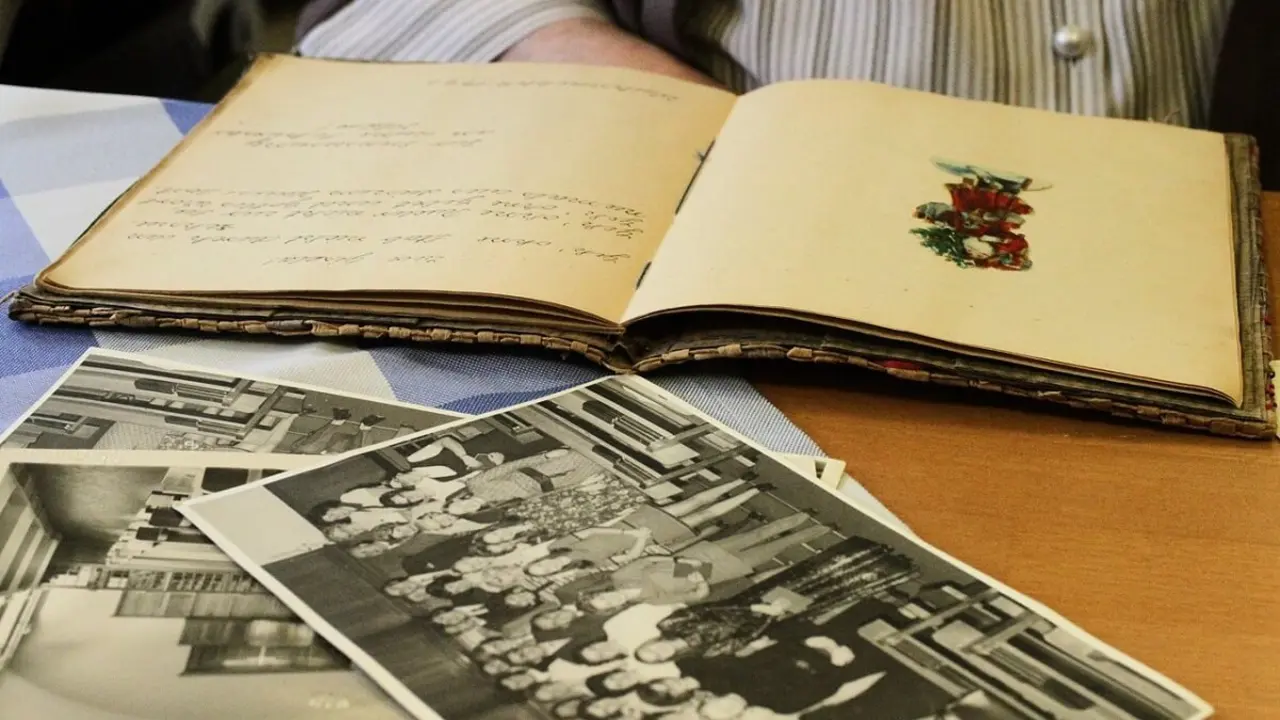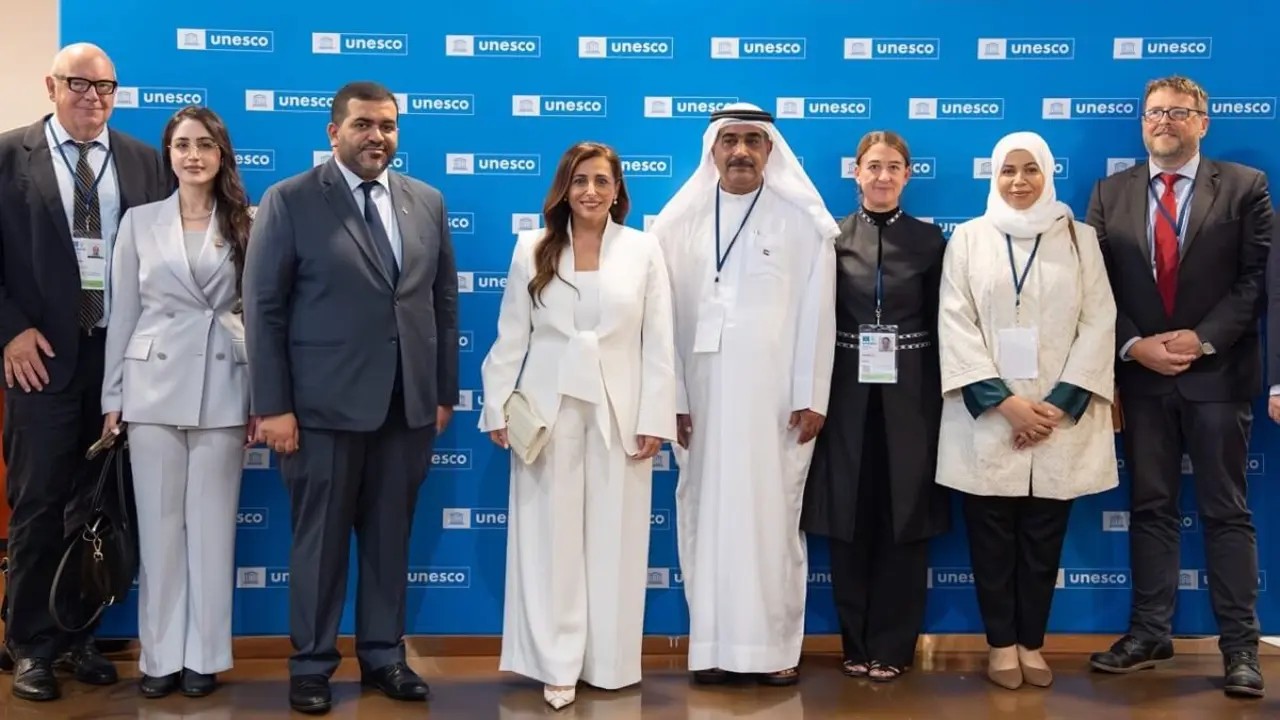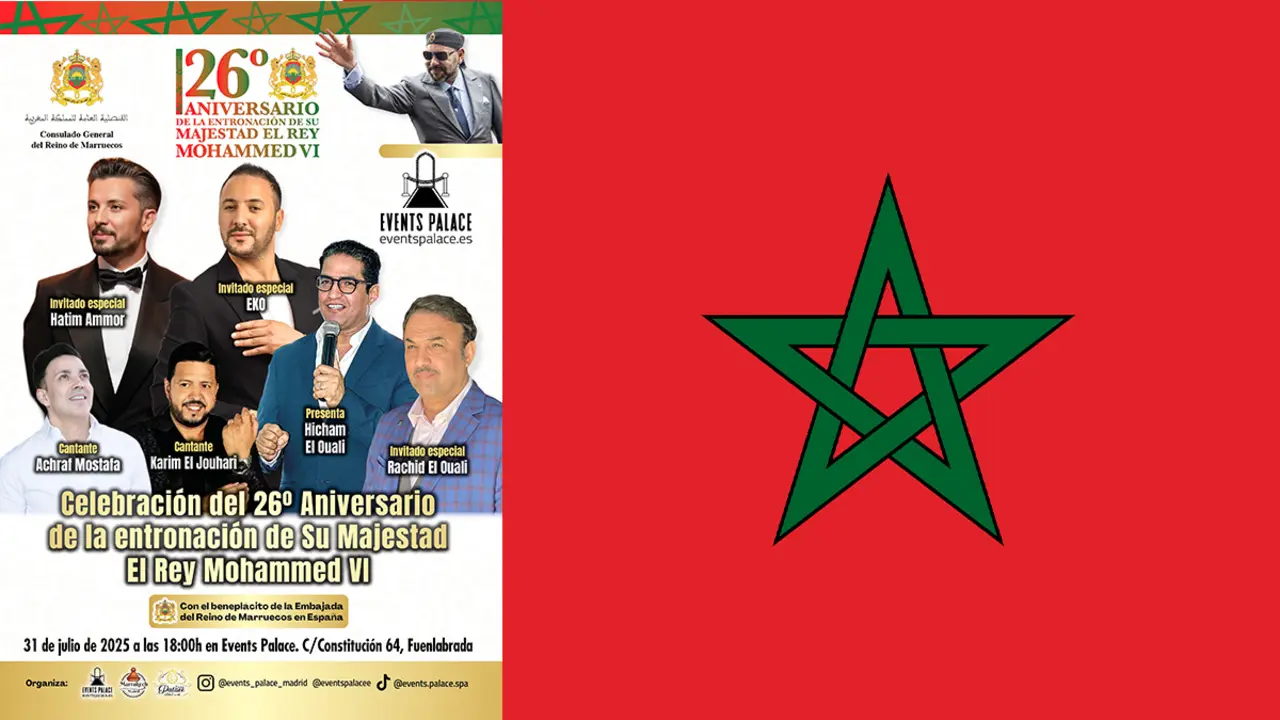The Spanish government approves the creation of the Cervantes Institute in Seoul, which will begin operating in 2023

The Council of Ministers has approved the creation of a Cervantes Institute centre in Seoul, which will begin operating in 2023 and will be located in the building that houses the headquarters of UNESCO in the Korean capital. President Pedro Sánchez will visit the facilities next Thursday and will unveil a commemorative plaque as a pre-inauguration, accompanied by the Secretary General of the Institute, Carmen Noguero.
The Government's agreement provides for a budget of 941,000 euros for the salaries of the 11 employees of the centre: director, administrator, head of studies, cultural manager, librarian, two teachers, administrative officer and three administrative assistants.
The new Cervantes Institute will occupy an 800 square metre open-plan floor in the building, located in a central pedestrian street (MyungDon Gil number 26) in the Joong Gu district. After the remodelling works, the Cervantes building will have several classrooms, a library and a staff room, among other facilities. It will also be able to use the auditorium located on another floor of the building.
The President of the Government, who will travel to Seoul after the G-20 summit in Bali (Indonesia), will unveil a commemorative plaque at the future Cervantes Centre on Thursday and will tour its facilities together with the Secretary General of the Institute, Carmen Noguero, the Spanish Ambassador, Guillermo Kirkpatrick, and the Secretary General of the Korean Commission for UNESCO, Han Kyung Koo.
The director of the Institute, Luis García Montero, visited the premises of the new centre last June, on a trip that confirmed the choice of this rented building, which will be fully operational during the course of next year after it has been refurbished.
The main objective of the centre will be to meet the growing demand for Spanish language learning in the country and to promote the teaching of Spanish, which is still under-represented in the education system. The Institute will support programmes for the incorporation of Spanish into formal secondary and university education, without forgetting the levels for children and adolescents. It will also work to offer Spanish classes outside the school environment, and will collaborate in the training of teachers of Spanish as a foreign language.
The digitalisation plan of the Cervantes Institute will be fundamental to achieve an attractive teaching offer in a country where technology is fully incorporated into education.
The new Cervantes will also contribute to boosting student exchanges between Spain and Korea, which is among the countries that send the most students abroad in absolute terms. And it will support Korean Hispanism, which has a tradition of more than seventy years. The next congress of Asian Hispanism will be held in Madrid, at the headquarters of the Instituto Cervantes, in 2030.
In addition, the centre will organise activities to disseminate the culture of Spain and other Spanish-speaking countries, and will promote Korean tourism in Spain, which has a strong cultural component and finds one of its main attractions in the Camino de Santiago.
With this first centre in Korea, Cervantes strengthens its presence in that country, where it has had a Cervantes Classroom in the Hankuk University of Foreign Studies, which is part of the centre in Tokyo (Japan), since 2011. The Cervantes Classroom, an entity of lesser status than a centre, offers preparation courses for the official Diploma of Spanish (DELE), general Spanish courses, conversation classes, online courses of the Virtual Spanish Classroom (AVE) and training courses for teachers.
Seoul is also home to important cultural diplomacy institutions from various countries: the Centre de la Langue of the French Embassy in Korea (active, in different forms, since 1968), the Goethe-Institut (since 1968), the British Council (since 1973) or the more recent Czech Centre (2013) or the Liszt Institute-Hungarian Cultural Centre (2019), as well as a Portuguese Language Centre of the Camões Institute (since 2002).
In addition, this Wednesday and next Thursday, the 14th Korea-Spain Forum will be held in the Korean capital, which will be closed by Pedro Sánchez and will include a speech by the academic director of the Cervantes Institute, Carmen Pastor, in the session dedicated to cultural and academic exchanges between the two countries. The meeting is organised by the Korea Foundation, Casa Asia and Hankuk University of Foreign Studies.
Submitted by José Antonio Sierra, Hispanism advisor.

